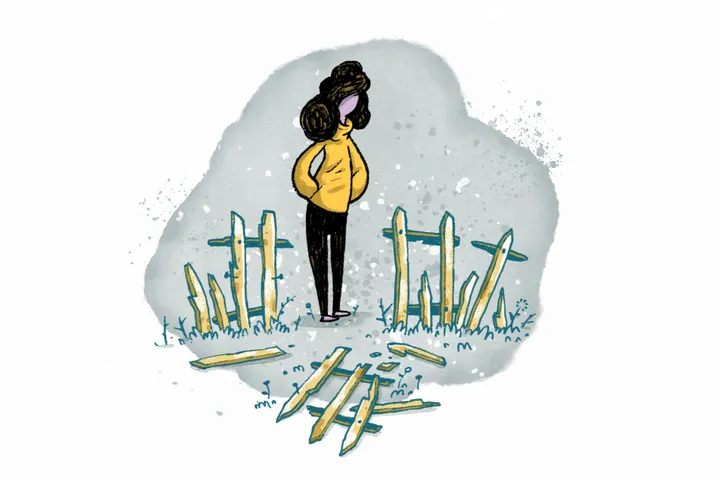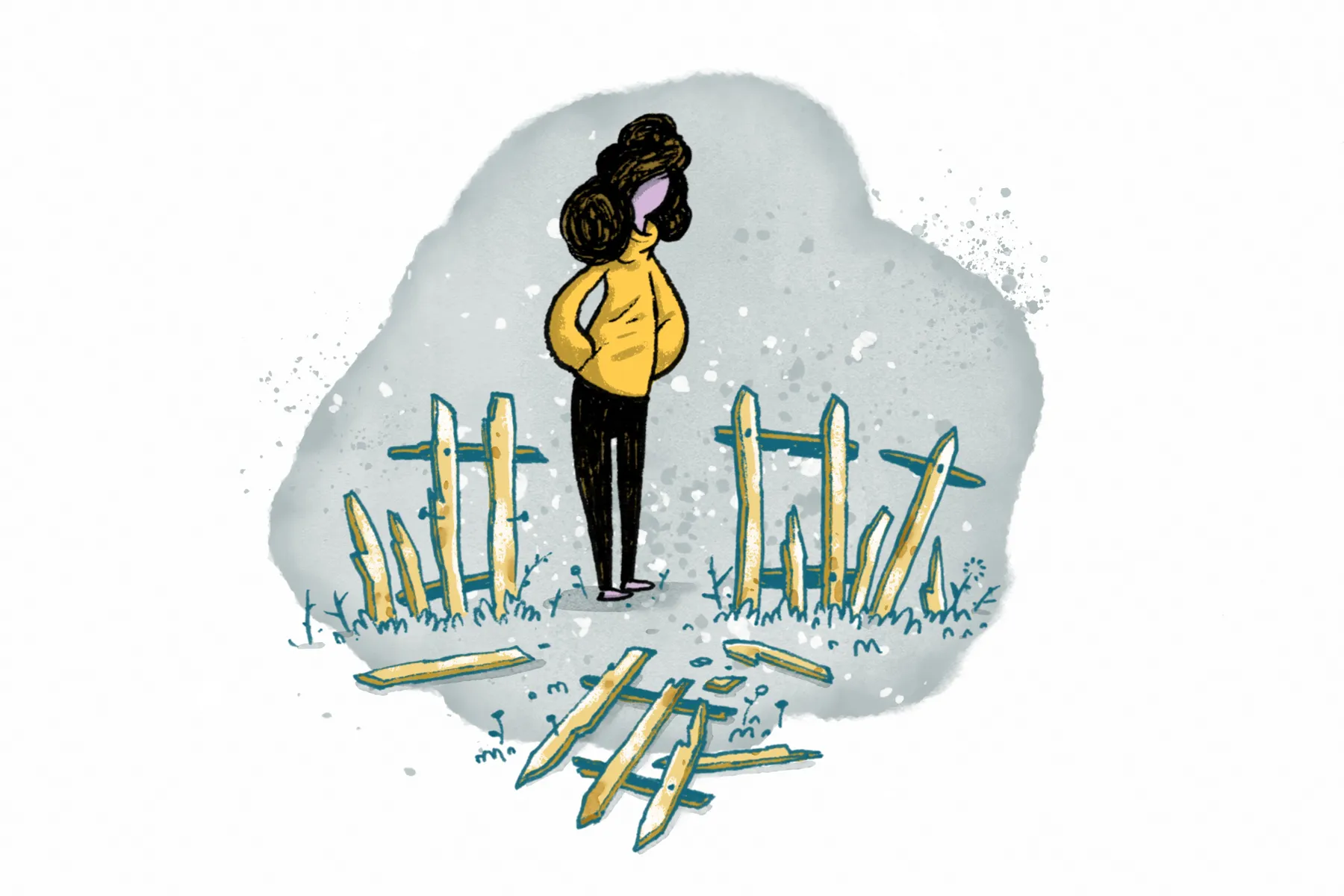A child goes to school. A parent dies. Friends part—or reconcile. The calendar flips to a new year, or we simply wake to God’s fresh mercies in the dawn of another day. Life is full of change, and change often means beginning again. Noah experienced this in a most radical way, and so did you, when Christ cleansed your soul and granted you salvation. God is always making things new, even when we might not notice.
BACKGROUND
Because of the corruption of humankind, God brought a destructive flood that lasted about a year. Then Noah and his family, along with all the life forms they had rescued at the Lord’s command, waited aboard the ark for the flood waters to recede.
READ
Genesis 8:1-22
REFLECT
When God wipes the slate clean, He is thorough. But He sometimes leaves a well-planned foundation to help us begin again.
- After the rains, “God remembered Noah and all the animals and all the livestock ... in the ark” (v. 1). This doesn’t mean God had ever “forgotten” Noah. Strong’s Concordance says zakar, Hebrew for “to remember,” can mean “bring to mind in a way that affects present action.” What does this tell you about the Lord’s concern and involvement in human life? Scripture sometimes uses zakar this way when God’s people cry out to Him in prayer. Read Psalm 25:6-7. Try praying in a similar way for His blessing in your life—or someone else’s.
- In Genesis 8:3-5, how are God’s omnipotence and faithfulness revealed? What part of Noah’s story shows that God is also perfectly wise and loving?
- Even after the deluge subsided, it took months for the mountaintops to become visible (v. 5). Changes in life can be abrupt, and trials often involve waiting and uncertainty. Imagine the situation aboard the ark. List some things that might have helped Noah avoid frustration. How’s your patience today? What about trust, peace, and prayer?
- To determine whether the land was again inhabitable, Noah first released a raven and later sent a dove out three times at seven-day intervals (vv. 6-12). How does his planning reflect the balance between God’s omnipotence and our initiative in an obedient life?
CONTINUING THE STORY
After the flood, Noah and his family rebuilt life on earth.
- The dove brought an olive leaf back to Noah (v. 11). Olive trees have an excellent root system, enabling them to survive in difficult environments, but they require much care and tending to grow well. Explain how this might be a parallel for recovering after dramatic failure—as humanity did through Noah—or simply flourishing in a new year. Where should you “root” yourself? How will you tend your life in Christ?
- Using the same words He said to Adam at creation, God instructed Noah, his family, and all the animals to “be fruitful and multiply” (vv. 16-17). Second chances can be cause for both hope and sorrow. Though we can’t perfectly reconcile God’s justice and His mercy, spiritual maturity increases our peace. Describe a time you’ve had to accept a loss or try again after failure. How did God sustain you?
REFLECT
Are you currently growing, being pruned, or starting over?
- The Lord always wants His people to be fruitful (John 15:8). That looks different for every believer and varies with the stages of life. It requires pruning (John 15:2) and sometimes starting over. Ask God for whatever you need in order to move forward today in a Christlike way.
GOING FURTHER
Consider deeper aspects of this study.
While the rainbow (Gen. 9:13) may be the story’s best-known symbol, the dove’s appearance (Gen. 8:8-12) is also full of meaning. Throughout Scripture, it symbolizes innocence, love, and beauty. In the Gospels, God’s Spirit took the form of a dove and “descended upon [Christ] in bodily form” (Luke 3:22). And Jesus promised that His followers would receive the precious gift of the Comforter’s presence through faith (John 15:26). So let’s compare the dove in Noah’s life to the Holy Spirit in ours.
- Noah first released a raven, but it “kept flying back and forth” (Gen. 8:7 NIV). He then sent a dove, which became the harbinger of hope, initiating a new phase of life on earth. How has God’s Spirit ushered in a new phase of life for you? Try seeing even small steps of growth as accompanied by His encouragement and love.
- Unable to find a “resting place” on earth, the dove flew to Noah, who “brought it into the ark” (v. 9). In the New Testament, the Spirit of God descended on Christ, “settling on Him” (Matt. 3:16). Is your heart a peaceful resting place for the Holy Spirit? Give thanks for His calming presence, and ask His help in addressing any matters that might grieve Him.
- God commanded Noah to be fruitful after the flood (Gen. 9:1). It is now the Holy Spirit who does this work, bringing forth spiritual fruit in believers (Gal. 5:22-23). The “dove” within you will increase your love, joy, peace, patience, kindness, goodness, faithfulness, gentleness, and self-control—wherever you are on the journey.





